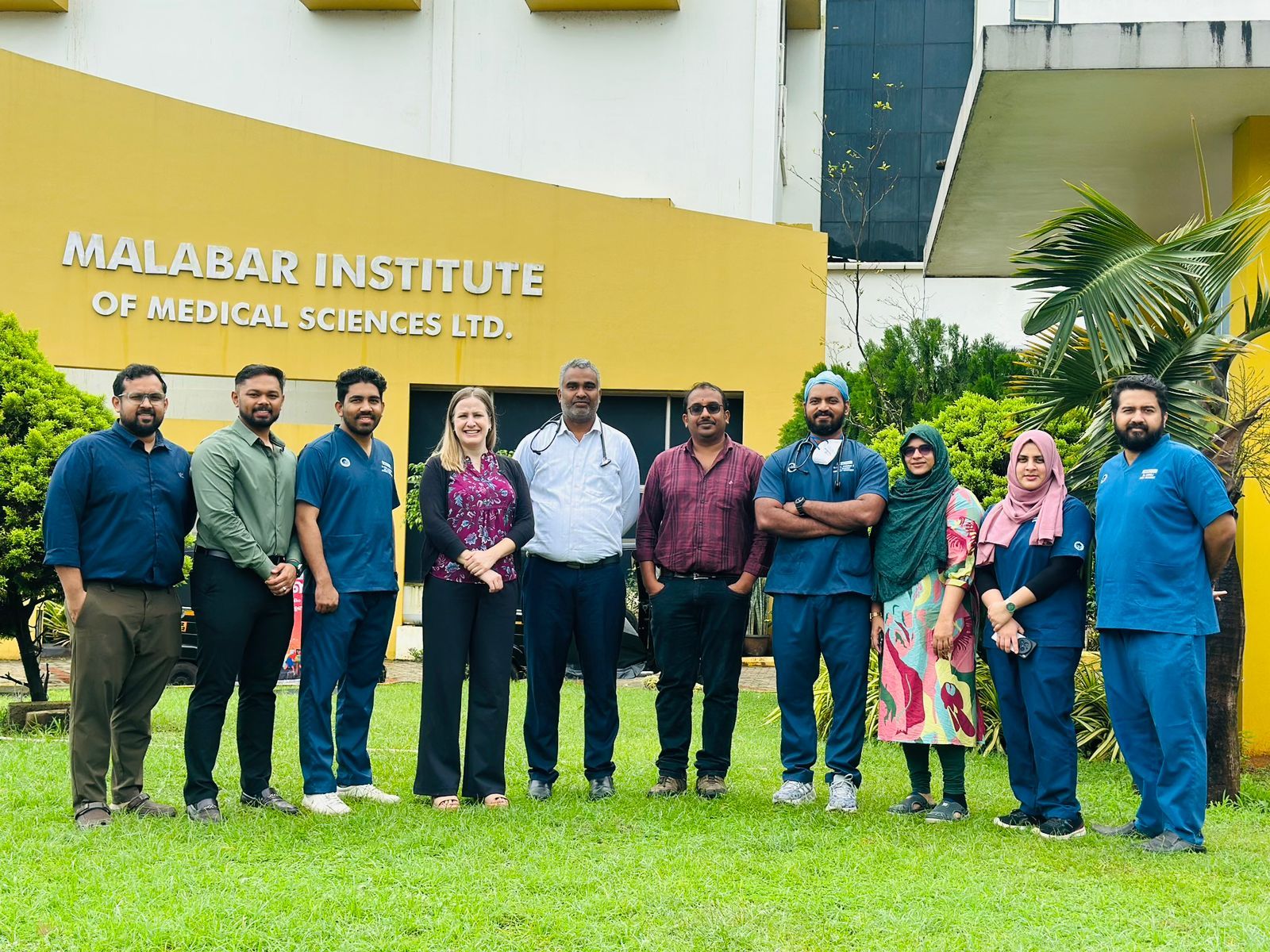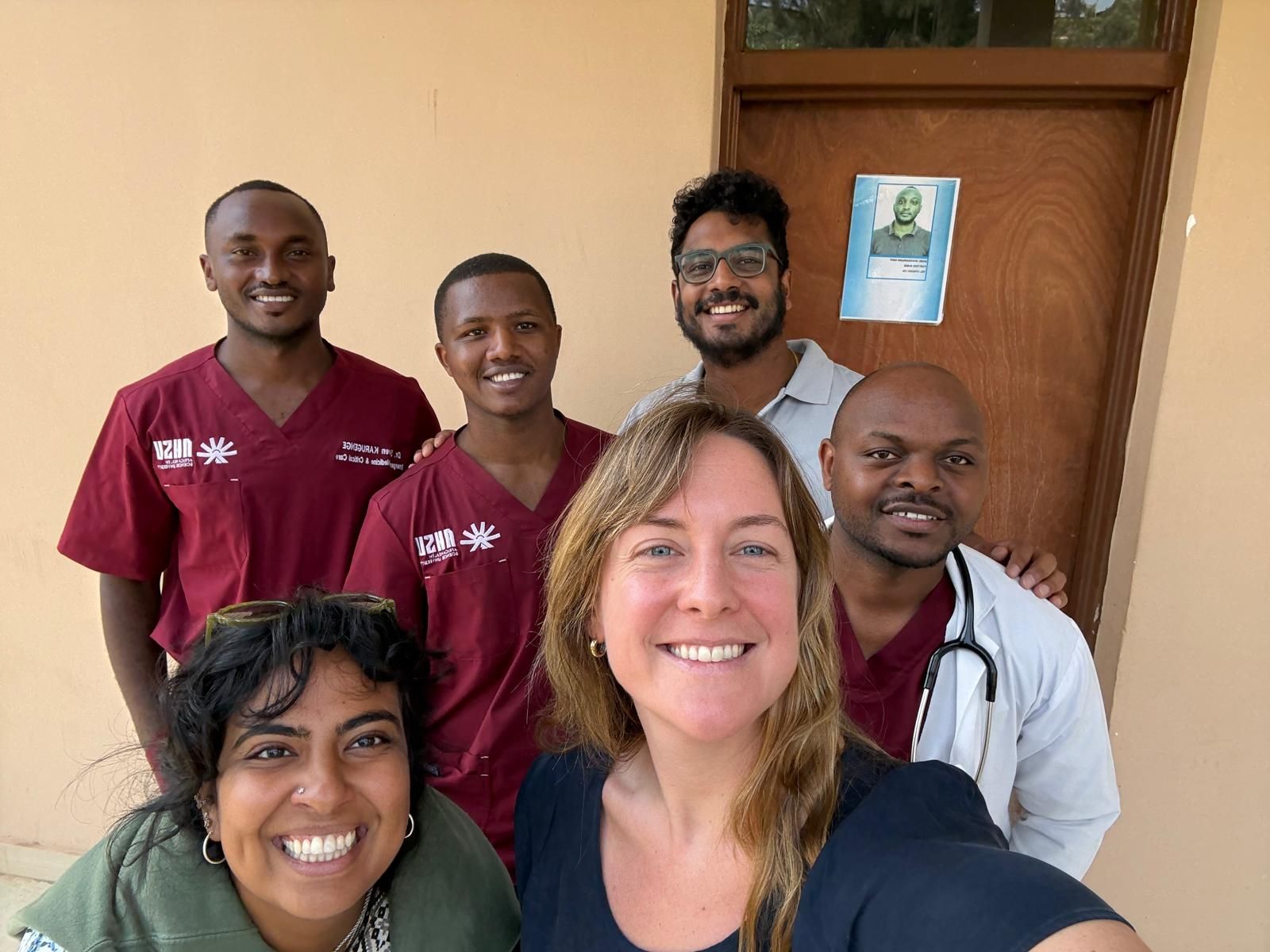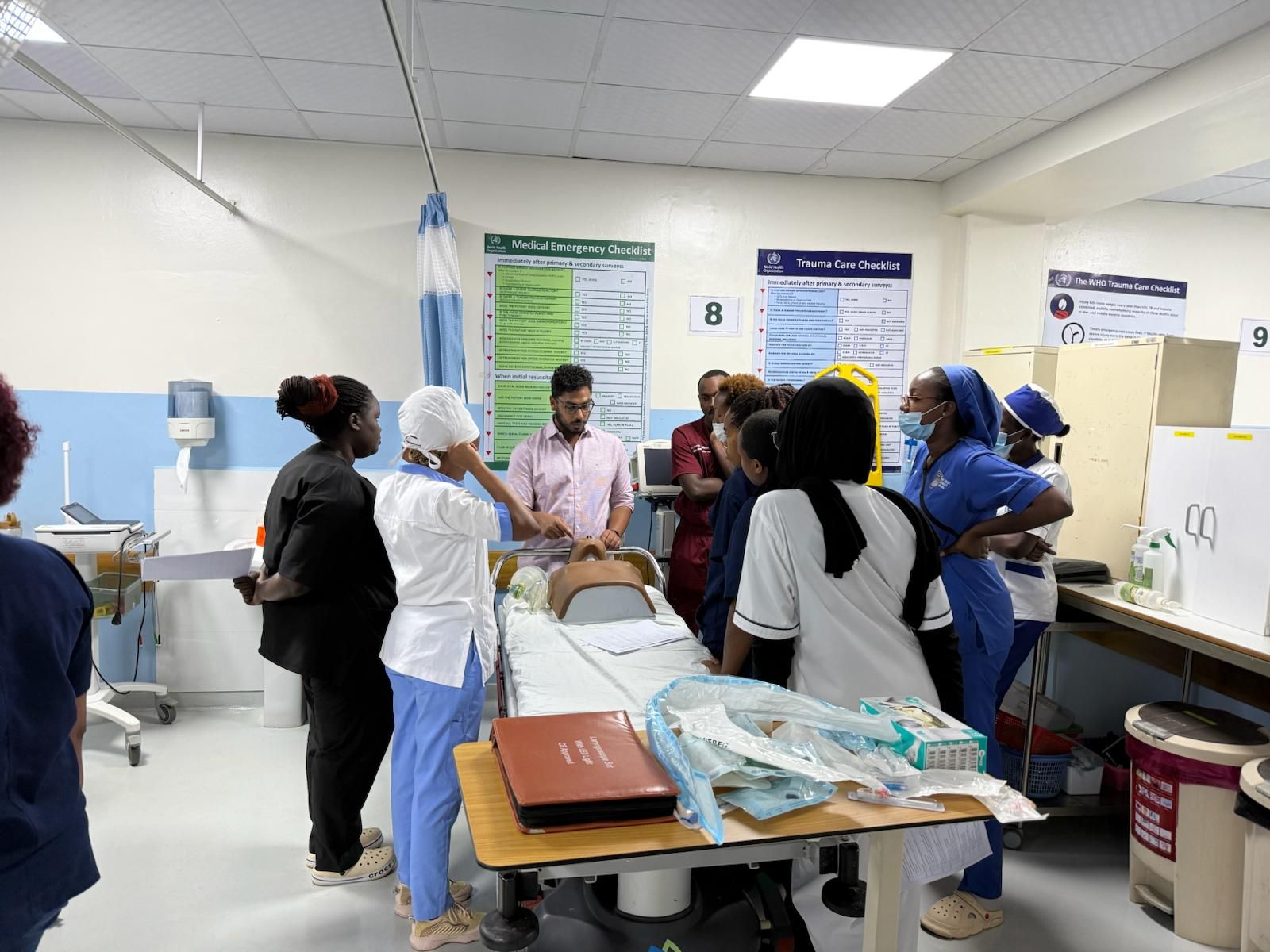What We Do
Our Work
The Global Emergency Medicine team at the Ronald Reagan Institute of Emergency Medicine works to strengthen emergency care systems worldwide through innovative education, collaborative research, sustainable capacity building, and data-driven quality improvement. We partner with hospitals, universities, and ministries of health to co-design training programs, expand emergency medicine workforce development, and support the establishment of new emergency care pathways in resource-constrained settings.
Our work ranges from developing context-appropriate clinical training tools, such as low-cost simulation models for essential emergency procedures, to mentoring clinicians and faculty through advanced training programs like the Three-Year Emergency Medicine Program in India. Through applied research and implementation science, we generate evidence that shapes emergency care policy and improves clinical outcomes. We invest in long-term partnerships that build local ownership, strengthen clinical and operational systems, and empower frontline providers to lead continuous improvement efforts within their own facilities.
At the heart of our mission is the belief that high-quality, timely emergency care should be accessible to all people, regardless of where they live. By equipping providers, supporting institutions, and advancing the science and practice of emergency medicine globally, we contribute to stronger, more resilient health systems and better outcomes for patients around the world.
Our approach includes the following:
- Education
-
Education
The GEM team provides students and practicing medical professionals from around the globe with opportunities to advance knowledge and gain experience and skills to provide high-quality emergency care in diverse settings. We partner with hospitals, academic institutions, and ministries of health to design and deliver training programs that build the skills, confidence, and leadership capacity of emergency care providers. Our team develops postgraduate training pathways, simulation-based learning, and short courses that are tailored to the needs and realities of diverse health systems, ensuring that providers gain hands-on, practical experience in managing trauma, critical illness, and acute emergencies.
We prioritize approaches that are accessible and sustainable. This includes co-creating curricula with local faculty, mentoring emerging educators, and developing innovative, context-appropriate tools such as low-cost clinical simulators for procedure training. Our partnerships, including the long-standing MEM program in India, equip clinicians with advanced clinical and leadership skills while strengthening the teaching capacity of local institutions.
Through this work, we are cultivating the next generation of emergency medicine leaders and expanding equitable access to high-quality training opportunities. By investing in people and empowering local educators, our education initiatives help build strong emergency care systems that improve patient outcomes today and shape the future of emergency medicine worldwide.
- Research
-
Research
Research is central to how we advance emergency care globally. Our Global Emergency Medicine team conducts applied, collaborative research that examines how emergency care is delivered, evaluates interventions that improve patient outcomes, and strengthens the evidence base for emergency medicine in low- and middle-income settings. Our work spans implementation science, operational research, and clinical outcomes, always focused on generating findings that can be translated into real-world improvements.
Through rigorous data collection, analysis, and dissemination, we help partners adopt evidence-based approaches to emergency care delivery, expand the use of standardized guidelines, and measure the impact of system improvements over time. Our teams also mentor local clinicians, trainees, and researchers, building research capacity within institutions and supporting the development of future leaders in global emergency medicine scholarship.
By focusing on practical research that informs action, we help strengthen the evidence base for emergency care and support sustainable change. The result is better decision-making, stronger health systems, and improved outcomes for patients and communities.
- Capacity Building
-
Capacity Building
We partner with local institutions all over the globe to strengthen the foundations of emergency medicine. Our team supports private hospitals and local institutions with developing curricula, mentoring faculty and training. Our capacity building efforts help countries expand their emergency medicine workforce.
Rather than offering one-time training, we invest in long-term partnerships that cultivate clinical expertise, leadership development, and systems-level change. We mentor clinicians and educators, support the creation of new academic and clinical training programs, and help partners implement tools for data use, operational improvement, and continuous learning. As local capacity grows, ownership shifts to our partners, ensuring programs are resilient, scalable, and able to continue independently.
Through this work, we help build strong, skilled emergency care teams and create environments where providers are empowered to lead change. By strengthening workforce development and institutional capacity, we contribute to health systems that are better prepared to deliver timely, lifesaving emergency care to every patient who needs it.


